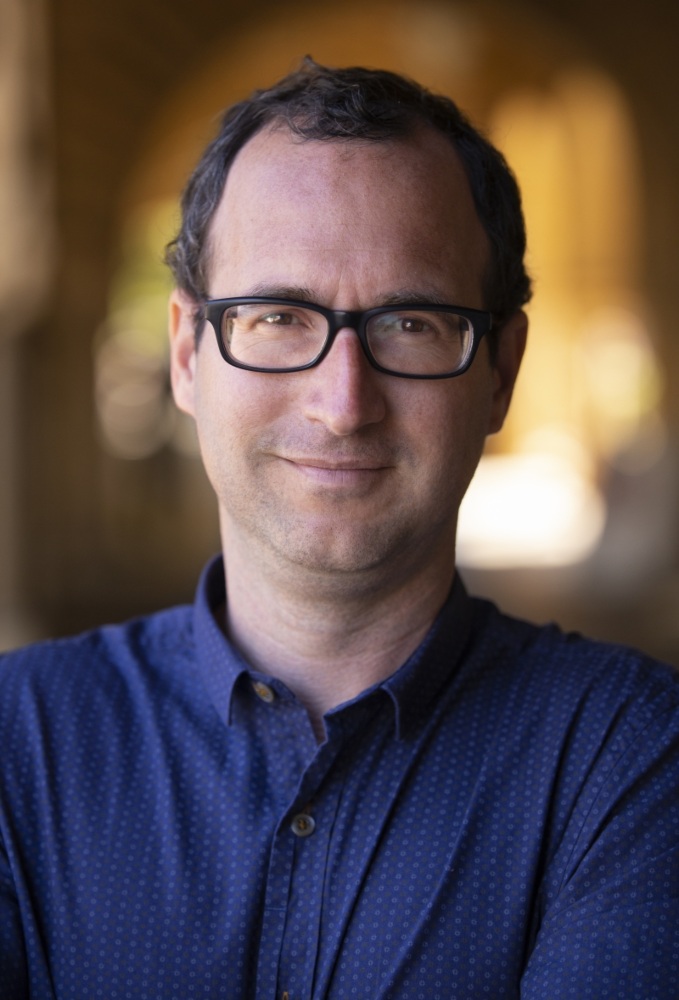Born in Ithaca (NY), Dan Edelstein earned his Licence ès lettres (French, English, Latin) from the Université de Genève (1999) and his Ph.D. in French from the University of Pennsylvania (2004).
He is William H. Bonsall Professor of French at Stanford University.
He works for the most part on eighteenth-century France, with research interests in literature, history, political thought, and digital humanities. Most recently, he wrote a book on the history of natural and human rights from the wars of religion to the age of revolution (On the Spirit of Rights, University of Chicago Press).
His first book, The Terror of Natural Right: Republicanism, the Cult of Nature, and the French Revolution (University of Chicago Press, 2009), examined how natural law theories, classical republicanism, and the myth of the golden age became fused in eighteenth-century political culture, only to emerge as a violent ideology during the Terror. This book won the 2009 Oscar Kenshur Book Prize. His second book, entitled The Enlightenment: A Genealogy (University of Chicago Press, 2010), explored how the idea and narrative of “Enlightenment” emerged in French academic circles around the 1720’s. He has edited six volumes of essays: on Myth and Modernity (for Yale French Studies); on The Super-Enlightenment (for SVEC [Studies on Voltaire and the Eighteenth Century], now the Oxford University Studies in the Enlightenment); with Keith Baker, on Scripting Revolution (Stanford University Press); with Anton Matytsin, Let there Be Enlightenment (Johns Hopkins University Press); with Chloe Edmondson, Networks of Enlightenment (Oxford University Studies in the Enlightenment, forthcoming); and with Stefanos Geroulanos and Natasha Wheatley, Power and Time (University of Chicago Press, forthcoming).
His latest publications are: On the spirit of rights (2018), Let There Be Enlightenment: The Religious and Mystical Sources of Rationality (2018), Scripting Revolution (2015).
At Stanford, he teaches courses on the literature, philosophy, history, culture, and politics of the Enlightenment; nineteenth-century novels; the French Revolution; early-modern political thought; and French intellectual culture (“Coffee & Cigarettes”).




